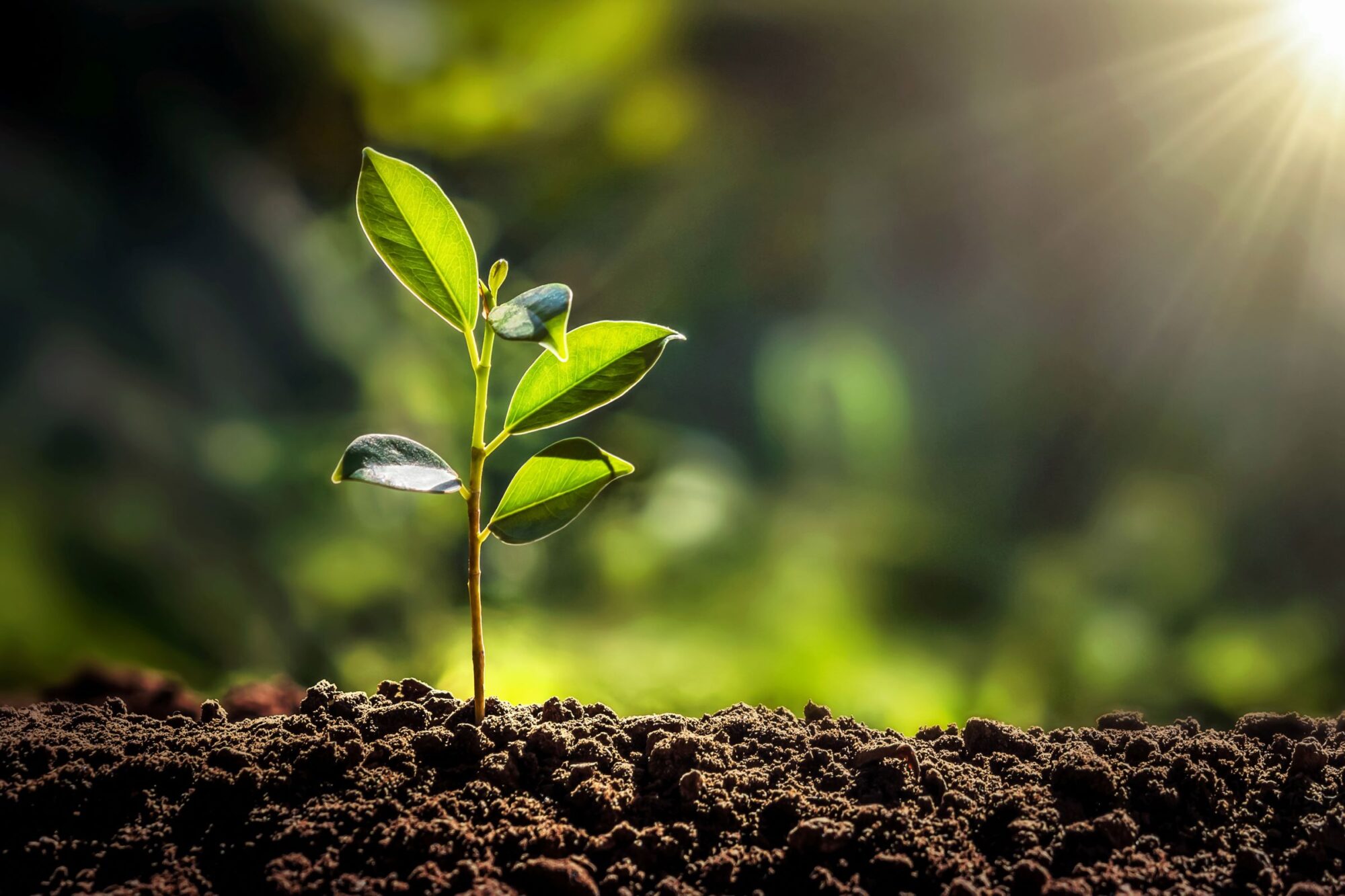To lend weight to our efforts, we have just created our first senior Sustainability post in the company with the title ‘head of corporate responsibility and sustainability’ – an extra-long digital business card is being designed as I speak. I jest, of course, but we have very high hopes for this role, part of whose job description is to develop our ‘environment, social and governance strategy’, a vital part of our campaign to show clients that we are ‘investable’ as a cleaning and facilities partner.
I am genuinely excited that our sustainability journey is gathering real momentum 15 years or so ago, cleaning was one of many industries looking for ways o protect the environment, introducing eco-friendly cleaning products and recycling programs 10 years ago, carbon footprint reduction entered the vocabulary, although few people had any idea how to measure it. Now, sustainability has expanded to include (according to the UN) no fewer than 17 categories, some of which present a major opportunity for cleaning to take the lead.
In particular, I am talking about social value creation, one of metrics by which DOC is now measured as part of The Planet Marks ongoing certification. Amongst other things, this measures the amount of procurement we arrange through local SMEs and the amount of direct local employment we create. As you may have read in my blog last month, I support the employment of front-line staff who live locally to their place of work. Even when staff are paid the Real Living Wage, it is still frustrating that they spend so much of their earnings on travel – an ongoing issue in London.
Of course, we are not the only cleaning contractor working to a sustainability agenda. Neither are we alone, I’m sure, in noticing that clients are placing far more emphasis on this in their supplier questionnaires and RFIs. The pandemic has refocused minds on ‘growing back greener’ and achieving a better balance between the interests of the various stakeholders in business. As a support service, it is incumbent on us as contractors to align our thinking and practice with that of our clients. This means understanding their sustainability objectives at the same time as we develop our own. Cynics would say this could easily become a tick box exercise and a debate that will collapse if it becomes apparent that sustainability comes at a financial cost. I don’t agree. There is growing evidence to show that sustainable practices of employment, procurement, energy use, and product selection can improve cleaning productivity and enhance service delivery, leading to longer contracts and more rewarding relationships.
It is up to the cleaning industry to show that it can be lead the way in promotion of sustainable business. A positive attitude can only reinforce the perception, nurtured over the last, turbulent 18 months, that cleaning is an industry which should be taken seriously and which is integral to the country’s economic long term success.
Published in September issue of Cleaning & Maintenance.
